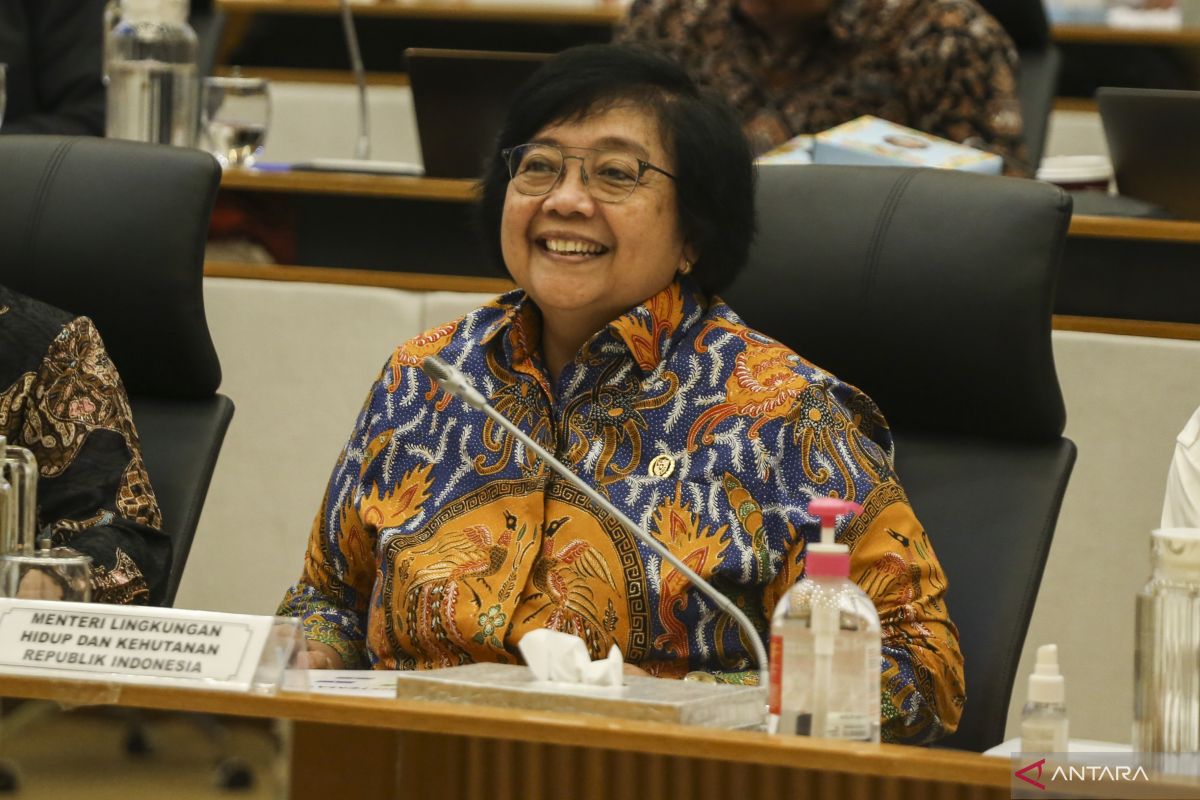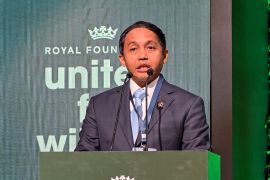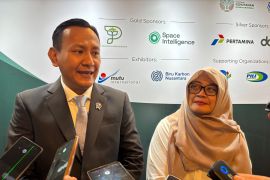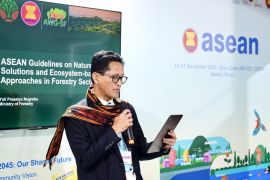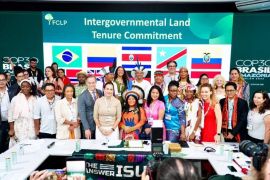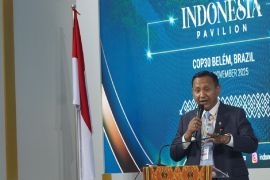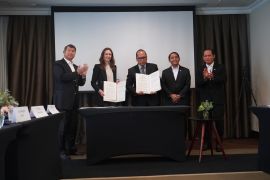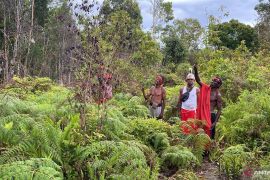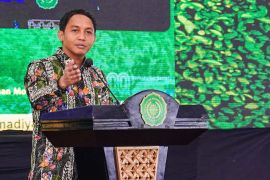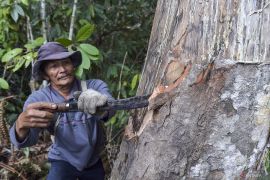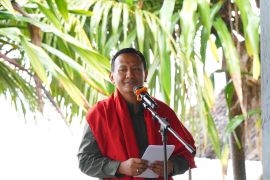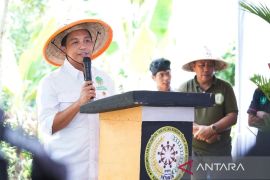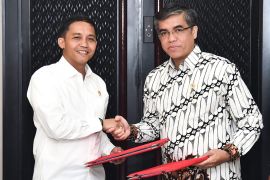"The economic transaction value of the social forestry program reached Rp118.69 billion (US$7.9 million) in 2022," Environment and Forestry Minister Siti Nurbaya Bakar said during a meeting with Commission IV of the House of Representatives (DPR) here on Wednesday.
According to the minister, social forestry has had a rather positive impact on the economy as it has boosted people's incomes.
She named North Sumatra, Lampung, and West Nusa Tenggara as the three provinces with the highest economic exchange rates.
She informed that at least 6 percent of the social forestry business groups reported on the GoKUPS (integrated information technology system on forestry) application, and showed that they recorded Rp118 billion in economic transactions.
"As an illustration, approximately 40 to 50 percent of these social forestry business groups have interacted with exports, such as West Java, Maluku, Lampung, West Nusa Tenggara, and others," she said.
In the past five years, the economic transaction value of the social forestry program has seen consistent growth. In 2018, the economic transaction value was just Rp2.07 billion (US$137 thousand); then in 2019, it grew to Rp5.01 billion (US$332.8 thousand); in 2020, it jumped to Rp17.48 billion (US$1.1 million); in 2021, it rose to Rp23.79 billion (US$1.6 million); and increased significantly to Rp118.69 billion in 2022.
The ministry informed that access to social forestry management has covered 5.3 million hectares spread across 33 provinces, 380 districts, 2,315 sub-districts, and 4,294 villages in Indonesia.
So far, more than 1.2 million household heads, or the equivalent of 5 million people, have become involved in social forestry.
The ministry has set a target that covers initiatives on social forestry development until 2030. The initiatives include the distribution of legal access for 12.7 million hectares of land, adding 25 thousand facilitators, forming 25 thousand social forestry business groups, and developing the social forestry business groups.
They also involve establishing a pilot Integrated Area Development (IAD) with a minimum of one IAD per district and boosting contribution for the protection of the ecology, in accordance with the national FOLU Net Sink 2030 target.
Related news: West Kalimantan builds collaboration under social forestry program
Related news: Lampung developing social forestry-based development area
Related news: Social forestry is the way forward for Indonesia: ministry
Translator: Sugiharto Purnama, Mecca Yumna
Editor: Azis Kurmala
Copyright © ANTARA 2023
